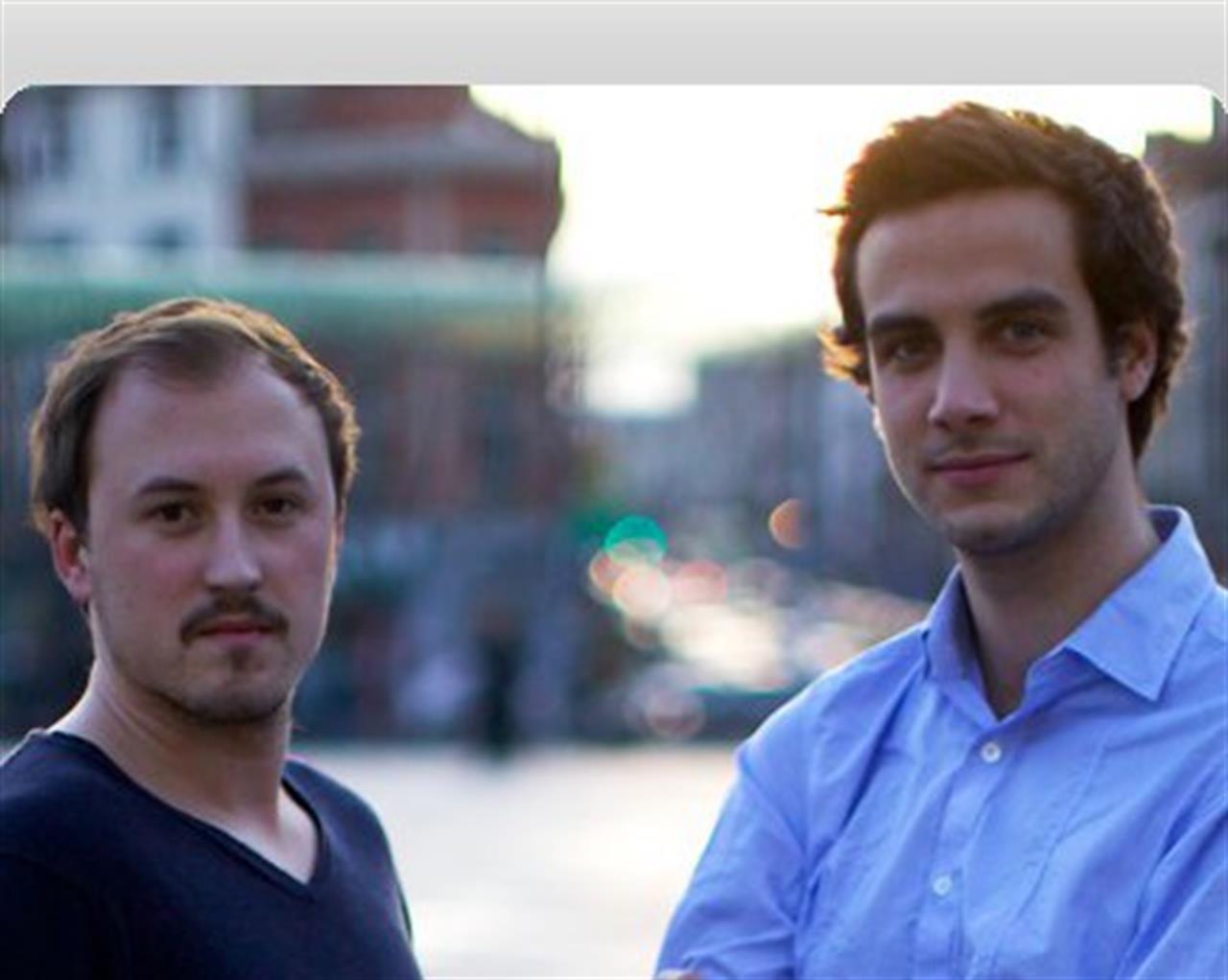South America must have a special energy, because this adventure, like another famous one, started with a couple of young friends travelling around this beautiful continent, although once Christopher Nagel got back home, started just a company, not a revolution, as Che Guevara did a few years after his trip across South America.
If not revolutionary, however the philosophy behind Jojo, the project developed by Nagel and Matthieu Vaxelaire, could be defined innovative to say the least: a socially responsible company which is able to match ethics and design . How? It’s easy, you buy a pair of shoes and part of the money you pay will go to either a social or an environmental project. Jojo allies with Tree-Nation and with The Water project. The company is now supporting one of the Three-Nation’s projects, for the creation of the first JoJo forest in Niger and thanks to the partnership with The Water Project, it’s giving its contribution to building water pumps in Sierra Leone.
“In South America we saw a man who was wearing a strange type of shoes. It was something he made out of an old tyre, I believe” Says Nagel, “The shoes were wrapped around his feet like bandages and we decided to keep the idea of the bandage in the shoes we produce, which is related to our mission that is to take care of the planet”.
And in fact since Vaxelaire and Nagel founded their company in Bruxells, sustainability has always been essential to their business. Because of this it seems a bit odd to read that all their shoes are produced in China, but sold in Europe. When questioned about it, Nagel sights “It would makemuch more sense to produce our shoes here in Europe and that was our intention at first, unfortunately if we kept the production here we’d have to sell them at least at two hundred Euros and that wouldn’t be possible, because we want our shoes to be affordable. I can say that the Chinese factory we’re working with does not exploit its workers and that is the most important thing for us.”
Sustainable entrepreneurship is as challenging as ever but Vaxelaire and Nagel seem to be the right kind of people to take on the challenge.
After all, they are only twenty-six they belong to a generation that has been educated to think about other possible ways of development. “We’ve heard so much talking about ecological and social problems and we knew that in order to start a company we had to take responsibility for our business and for its impact on the environment and on society.”
Vuoi accedere all'archivio di VITA?
Con un abbonamento annuale potrai sfogliare più di 50 numeri del nostro magazine, da gennaio 2020 ad oggi: ogni numero una storia sempre attuale. Oltre a tutti i contenuti extra come le newsletter tematiche, i podcast, le infografiche e gli approfondimenti.

